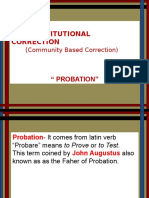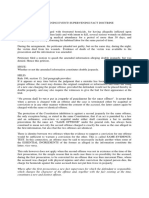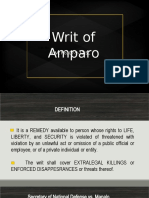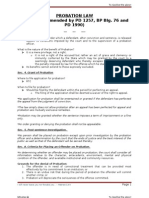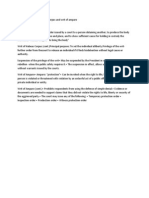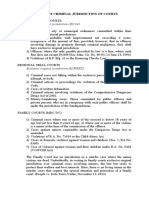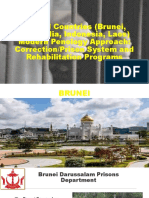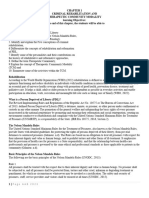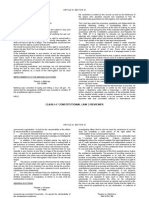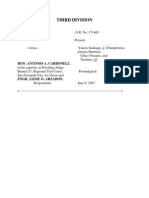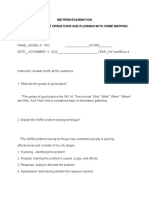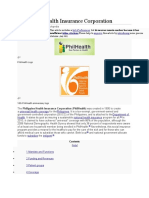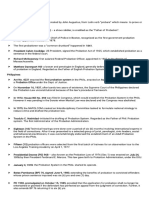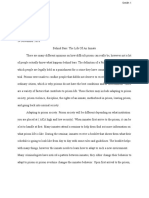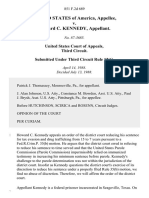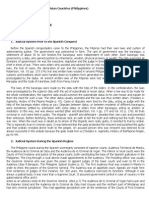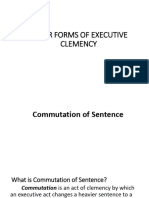0% found this document useful (0 votes)
275 views13 pagesProbation System
The Philippine probation system has its origins in English common law from the 1800s. Matthew Davenport Hill is considered the father of probation in England as he advocated for supervision of offenders in the community as an alternative to incarceration. John Augustus is recognized as the first probation officer, starting his work in 1841 in Massachusetts by supervising offenders in the community. The Killits Decision of 1916 and Probation Act of 1925 established probation systems in the US federal courts and other countries passed similar probation laws in the early 20th century. Today, the Philippine probation system is administered by the Parole and Probation Administration which supervises offenders in the community as an alternative to imprisonment with the goals of rehabilitation and reducing recidivism.
Uploaded by
jopaykamustakana005Copyright
© © All Rights Reserved
We take content rights seriously. If you suspect this is your content, claim it here.
Available Formats
Download as DOCX, PDF, TXT or read online on Scribd
0% found this document useful (0 votes)
275 views13 pagesProbation System
The Philippine probation system has its origins in English common law from the 1800s. Matthew Davenport Hill is considered the father of probation in England as he advocated for supervision of offenders in the community as an alternative to incarceration. John Augustus is recognized as the first probation officer, starting his work in 1841 in Massachusetts by supervising offenders in the community. The Killits Decision of 1916 and Probation Act of 1925 established probation systems in the US federal courts and other countries passed similar probation laws in the early 20th century. Today, the Philippine probation system is administered by the Parole and Probation Administration which supervises offenders in the community as an alternative to imprisonment with the goals of rehabilitation and reducing recidivism.
Uploaded by
jopaykamustakana005Copyright
© © All Rights Reserved
We take content rights seriously. If you suspect this is your content, claim it here.
Available Formats
Download as DOCX, PDF, TXT or read online on Scribd
/ 13

